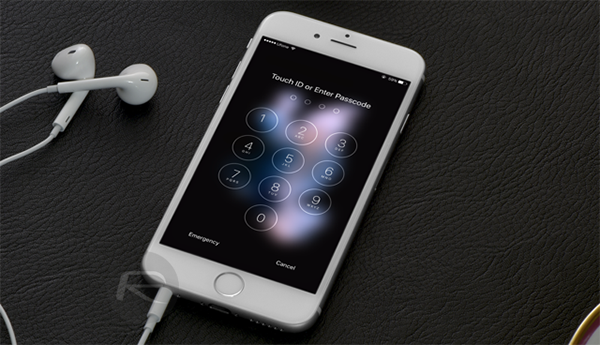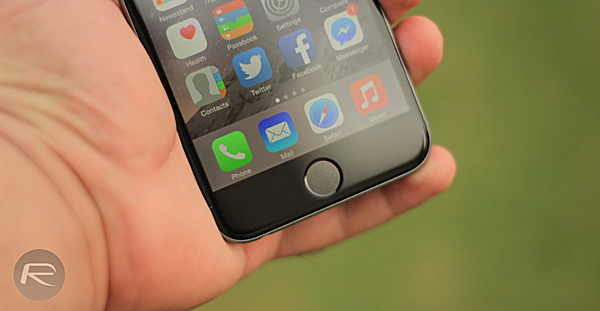Touch ID was undeniably heralded as a welcome security addition to Apple’s mobile devices when it was initially introduced back on the iPhone 5s. Rather than simply relying on the security provided by a passcode or slightly more complex password, Apple’s Touch ID sensor introduced the idea of biometric detection assigned against a fingerprint stored in a Secure Enclave on the device. Additional security mechanisms generally equates a greater peace of mind for the end-user, but it seems that Touch ID has also caused some confusion for some after iPhones and iPads started asking for passcode entries at seemingly random times due to an undocumented Touch ID rule.
When iOS 9 was eventually given a public outing, Apple took the necessary steps required to update the list of instances through which iOS would fall back and request a passcode over allowing Touch ID to be used. Most of us had already figured out that Touch ID would be disabled temporarily at a system level when a device had been restarted, or when a non-recognized fingerprint had been slapped onto the Touch ID sensor, causing authentication to fail five times. For security reasons, iOS would then simply force the person attempting to access the device to enter the assigned passcode or password for access.

That all seems fairly straight forward, and logical in all honesty from a security perspective. But what about the times that iOS seems to randomly request a passcode to be entered when the device hasn’t been restarted, or when a failed Touch ID recognition attempt hasn’t taken place? It seems that there is a previously undocumented situation whereby iOS would instantly fall back to a passcode when “the passcode has not been used to unlock the device in the last six days and Touch ID has not unlocked the device in the last eight hours”.
So, what we can deduce from that is that if you’ve slept for more than eight hours with your Touch ID-compatible device locked, and you haven’t had to enter the passcode into the phone for the last six days, then iOS will prompt you to unlock the phone or tablet via passcode or password as soon as you wake up from that eight hour slumber.

It makes perfect sense that Apple would have a number of measurements in place to protect the integrity of the data on the device and prevent it from being accessed by malicious individuals. If iOS is randomly asking for your passcode at what may seem like random intervals, then this new addition to the rules is probably the reason why.
(Via: MacWorld)
You may also like to check out:
- Jailbreak iOS 9.3.2 Status Update [Latest]
- Download iOS 9.3.2 Final For iPhone And iPad [IPSW Links]
- Here’s How To Downgrade iOS 9.3.2 On iPhone, iPad, iPod touch
You can follow us on Twitter, add us to your circle on Google+ or like our Facebook page to keep yourself updated on all the latest from Microsoft, Google, Apple and the Web.

